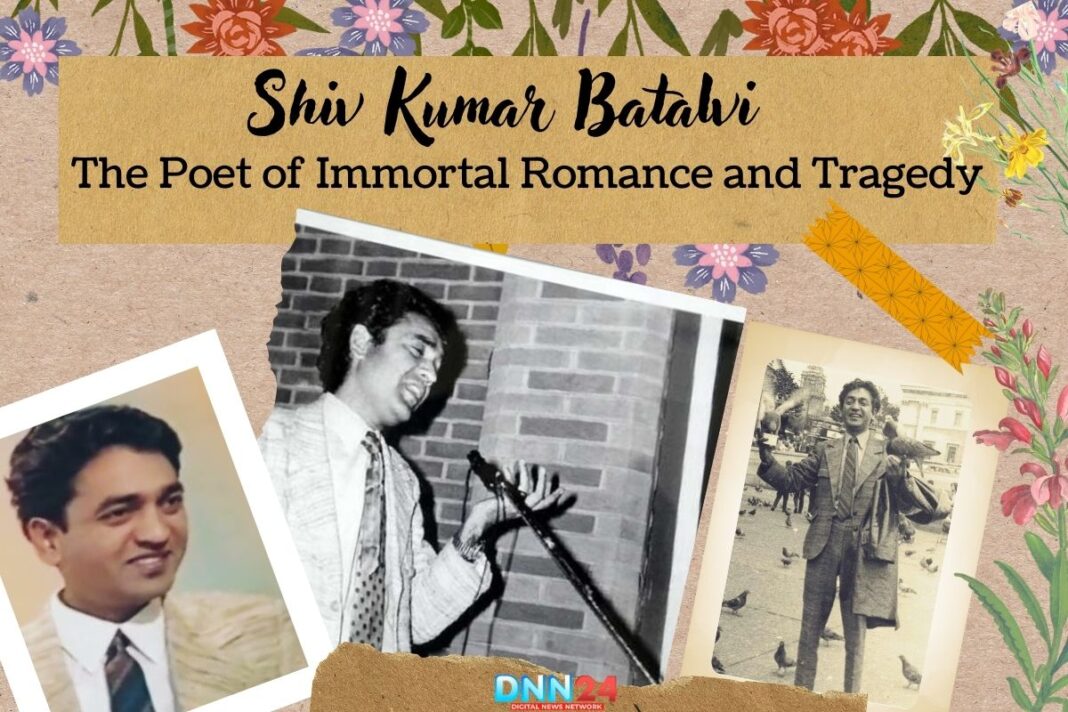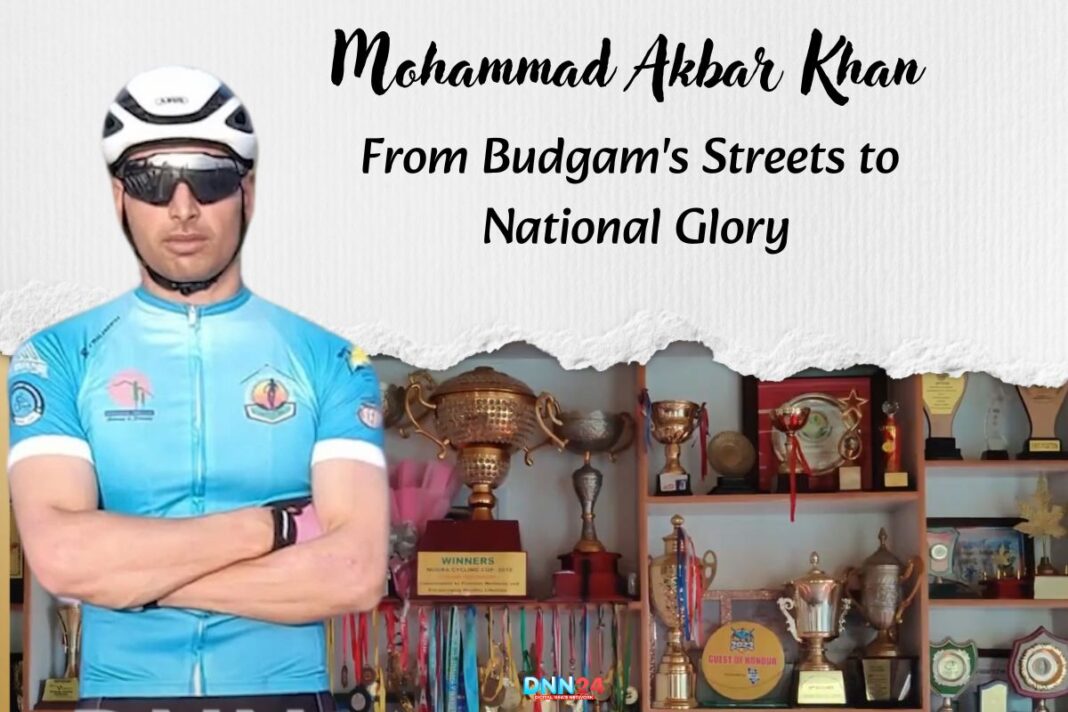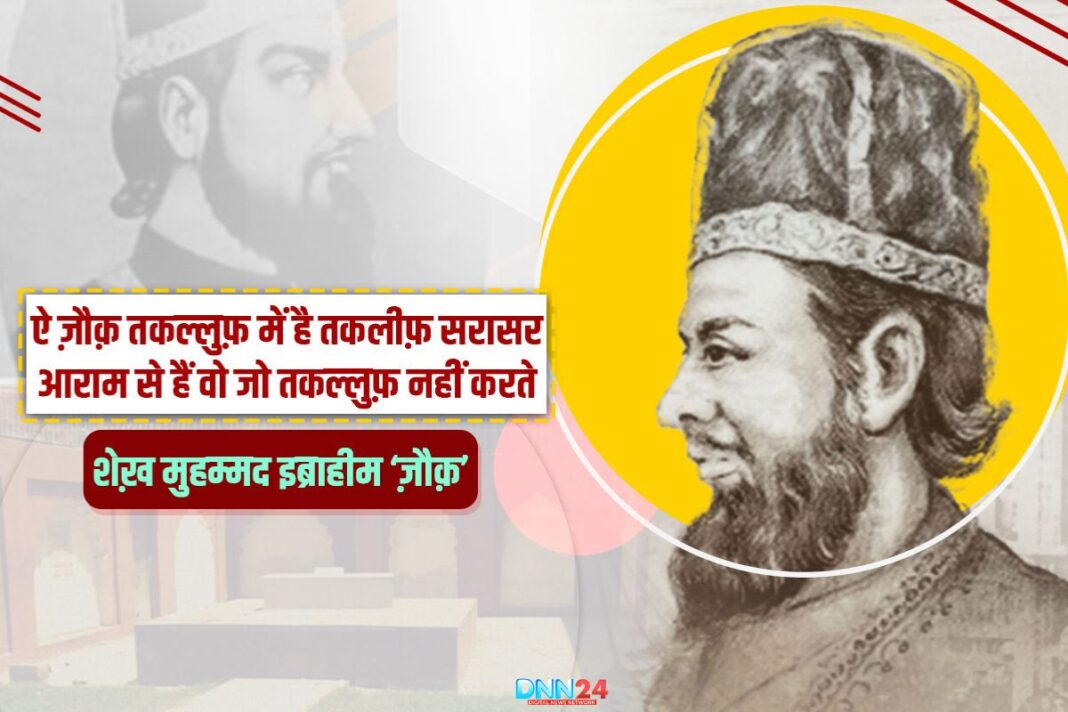Shiv Kumar Batalvi was not merely a poet—he was an emotion, a tempest of desire, and the voice of every crushed heart. Known as Birha Da Sultan—the King of Separation—his lyrics poured like tears, each syllable steeped in the sorrow of lost Love and desire. His poetry was not simply about romance; it was about the anguish that follows after Love is gone, about the scars that never heal.
He grew up in a humble Punjabi Brahmin home. His father, Pandit Krishan Gopal Sharma, was a patwari, and his mother, Shanti Devi, filled the family with affection. From boyhood, Shiv was sensitive, dreamy, and frequently lost in his world. He finished his matriculation in 1953 at Panjab University, but even as a young man, he was more interested in poetry than statistics and facts.
His life was defined by times of intense Love and deeper grief. The tales of his first heartache are legendary—how a lost love inspired his most haunting lyrics. His remarks were like open wounds, raw and honest:
Hanjuan di chabeel,
Shiv Kumar Batalvi
Raatan diyan gallan,
Yaadan di barsaat,
Mere dil nu bhijaundi hai
Shiv’s poetry is a voyage through the valleys of desire, the mountains of passion, and the rivers of weeping. He wrote not simply with ink but with his blood, making every poem a piece of his soul.
Unheard Tales: Kissey from Shiv’s Life
Behind every great poet, some tales never make it to the stage. Shiv Kumar Batalvi’s life was filled with unheard kissy moments that formed his poetry and grief.
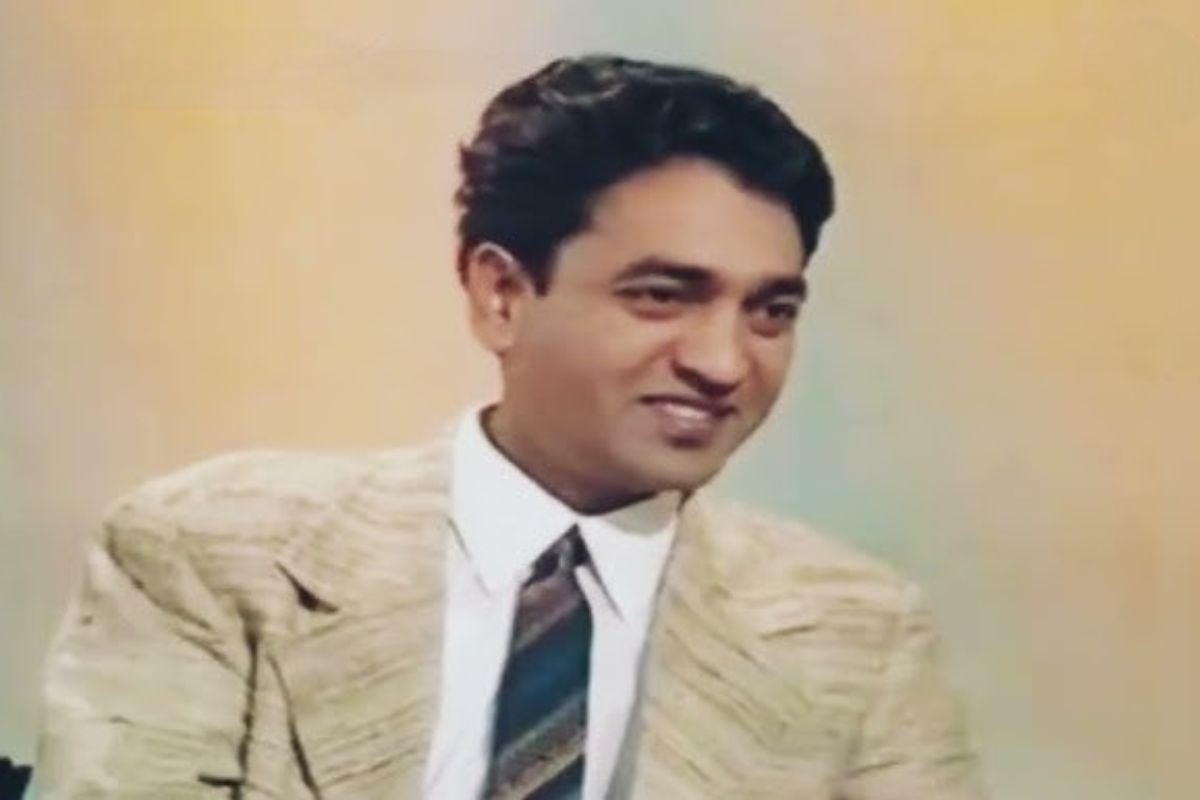
One such anecdote is about the Hansli Bridge in Batala, where Shiv would sit for hours, lost in meditation, penning poetry on pieces of paper. Locals remember how he would frequently be spotted beneath a curtain pole in Chandigarh’s Sector 22, a site that became known as ‘writers’ corner’ because of him and his buddies. These settings were more than locations—they were mute witnesses to the creation of memorable poetry.
Birha tu sultan,
Shiv Kumar Batalvi
Teri hukumat vaddi,
Prem de maidan vich,
Har koi teri qaid vich
Another lesser-known legend concerns the earth outside his house. A passionate admirer once took some of this dirt and planted two ‘dopharkheri’ plants in it, trying to keep a portion of Shiv’s soul alive. Such was the influence of his presence—wherever he went, he left behind memories for people and the earth itself.
Shiv’s life was not without controversy. Many dubbed him an alcoholic and a womaniser. Still, others who knew him intimately claim that he was just a guy overwhelmed by his own emotions, finding consolation in poetry and occasionally in booze. His suffering was genuine, his Love was real, and his poetry was the only way he knew to communicate both.
Atte dian chirian,
Shiv Kumar Batalvi
Kudiyan diyan gallan,
Dukh diyan kahaniyan,
Sadiyan tak sunayi jandi
These kisses remind us that Shiv was as human as he was legendary—a guy whose life was as lyrical as his writings.
The Magic of Shayari: Shiv’s Romantic World
Shiv Kumar Batalvi’s Shayari is a paradise of emotions—each couplet a flower, each metaphor a scent. His words can make the heart tear and grin at the same time. He wrote about Love not as a fairy tale but as a fire that burns, a river that drowns, a night that never ends.
His most famous poetry, Ik Kudi Jihda Naam Mohabbat, is a hymn for lovers worldwide. It depicts the narrative of a girl called Love, who is lost, and the poet’s ceaseless hunt for her. The poem is simple, but every syllable is weighted with longing:
Ik kudi jida naam mohabbat,
Shiv Kumar Batalvi
Gum hai, gum hai, gum hai,
Sadiyon pehlan di,
Vichhdi hoyi, rum hai, rum hai
Shiv’s shayari was not simply about romantic Love. It was about the anguish of separation, the pleasure of recollections, and the hope that Love would return, even if only in dreams. In his poem A Walk on a Moonlit Night, he writes:
Ajj din chhadeya tere rang warga,
Shiv Kumar Batalvi
Phullan di sugandh vich,
Tere pyaar di mehak,
Mere dil vich vasdi hai sada
His manner was unique—simple words, big ideas. He used common images—a starry night, a river, a shadow—to portray the most complicated emotions. His Shayari was like a mirror, reflecting the heart of every lover who ever lost, every soul who ever desired.
Shiv’s poetry reminds us that Love is not always about happy endings. Sometimes, it is about the beauty of yearning, the symphony of tears, and the poetry of agony.
Romance and Tragedy: The Legend of Loona
Shiv Kumar Batalvi’s masterwork, Loona, is not simply a poem—it is an epic, a legend, a revolution in Punjabi writing. Written in 1965, Loona retells the traditional narrative of Puran Bhagat, but from the viewpoint of Loona, the lady commonly blamed for tragedy6. With this work, Shiv gave voice to the voiceless, turned a villain into a victim, and in the process, received the Sahitya Akademi Award at age 31—the youngest ever to do so.
Aarti teri prem di,
Shiv Kumar Batalvi
Main har roz utar da,
Tere bina zindagi,
Adhuri lagdi sada
Loona is a story of Love, treachery, and redemption. Shiv’s Loona is not bad; she is a woman bound by circumstances, wanting Love and being punished for her aspirations. Through her, Shiv experiences the ache of being misunderstood and the agony of unfulfilled Love.
Loona di akhaan vich,
Shiv Kumar Batalvi
Birha diyan lahran,
Prem di peedh,
Duniya ton vakhri si usdi dastaan
The poem is replete with metaphors—branches swinging, boats sinking, sugar sweets dissolving—each picture portraying the gradual collapse of optimism and the unrelenting march of grief. Shiv’s Loona represents every woman who loved and lost every heart that shattered in silence.
With Loona, Shiv did not merely compose a poem; he launched a new genre—the contemporary Punjabi kissa. He proved that even ancient tales could be made new, that even old wounds could bleed fresh poetry. Loona remains a tribute to Shiv’s artistry, humanity, and ability to discover romance even in tragedy.
Piran da paraga,
Shiv Kumar Batalvi
Mere sir te rakhi,
Dukh diyan chhanvan,
Sada mere naal chali
Nazm: The Heartbeat of Shiv’s Poetry
Shiv Kumar Batalvi’s nazms are the lifeblood of his poetry—short, strong, and passionate. Unlike the lengthy, flowing kissy, his nazms are like lightning—quick, brilliant, and memorable.
One of his most affecting nazms is The Night of Sorrows. In it, Shiv portrays the endlessness of anguish, the sensation that the night will never stop, and neither will the tears:
Mainu vida karo,
Shiv Kumar Batalvi
Ajj vi mere dil vich,
Tere pyaar di roshni hai,
Par zindagi andheron di hai
His nazms are defined by simplicity and profundity. He utilises a common language, yet every word is laden with emotion. He tells of lakes that never swell, bones that never boil, and wounds that never heal. His poetry is not only about conveying a story—it is about having the reader feel every anguish, every sigh.
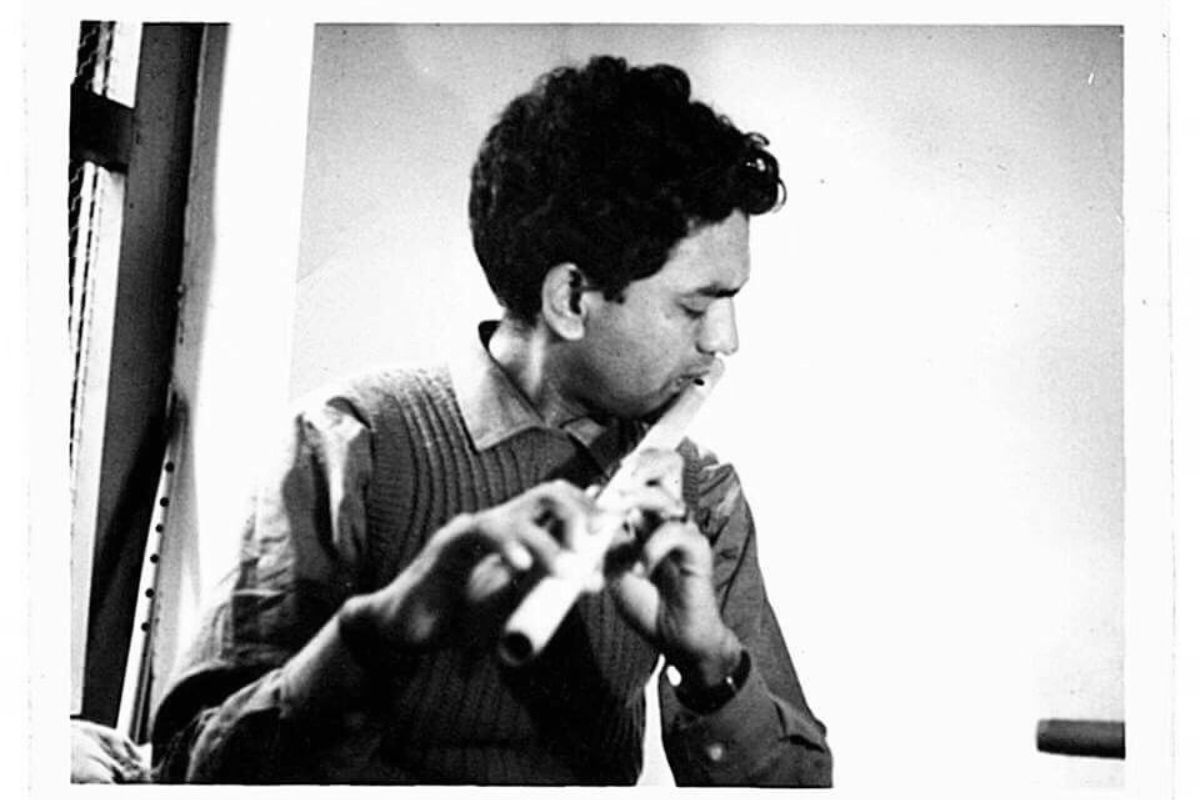
Shiv’s nazms are like windows into his soul. They reveal a guy who was never scared to feel, never frightened to weep, never hesitant to love. His poetry is a lesson in vulnerability, a celebration of the beauty that may be discovered even amid grief.
Chitta lahu mere ragon vich,
Shiv Kumar Batalvi
Dukh diyan nadiyan vahan,
Ishq di aag vich,
Mainu jala ke rakh ditta
Through his nazms, Shiv Kumar Batalvi encourages us to walk with him through the darkest nights, sing with him the saddest melodies, and ultimately discover a weird sort of optimism.
Legacy: The Immortal Flame
Shiv Kumar Batalvi’s life was short—he died at age 36 following a struggle with liver cirrhosis. But in those brief years, he established a legacy that will never expire. His poetry has been performed by giants like Nusrat Fateh Ali Khan, Ghulam Ali, Jagjit Singh, and Hans Raj Hans, touching hearts across generations and boundaries.
Even today, his supporters congregate at his birthplace, the Hansli Bridge, and the ‘writers’ corner’ in Chandigarh to commemorate him, recite his Shayari, and keep his legacy alive. Researchers and poetry lovers continue to gather his handwritten letters, pictures, and even the dirt from his house as if expecting to catch a bit of his enchantment.
Alvida keh ke,
Shiv Kumar Batalvi
Teri yaadan nu sambhaleya,
Dard di chadar vich,
Main apne aap nu lapet leya
Shiv’s poetry is more than words—it is an emotion, a movement, a mirror for every heart that has ever loved and lost. He taught that it is alright to weep, yearn, hope, and suffer. He showed us that there can be music even in the darkest hours; even in the greatest grief, there can be poetry.
In the end, Shiv Kumar Batalvi lives on—not only in writings and music but in every sigh, every tear, and every pulse that recalls Love.
Also Read: Amrita Pritam: The Soulful Voice of Love, Pain, and Rebellion
You can connect with DNN24 on Facebook, Twitter, and Instagram and subscribe to our YouTube channel.

